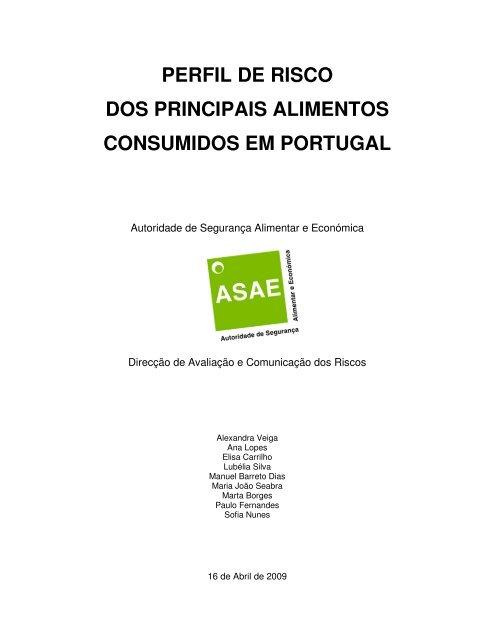
A Lucretian aphorism says that what is food for one man is poison for another. According to the thesis of Gary Wenk, professor of Psychology and Neuroscience at Ohio University, some foods that we introduce in the diet they are real agents capable of creating addiction e affect the brain, validating the link between food and emotions.
Nothing new on the Western front, it seems. Even non-experts in nutrition know some truths that are now almost formular sentences emptied of meaning: for example, we repeat that Omega-3 fatty acids improve the ability to concentrate or that the infamous antioxidants they protect the brain by slowing the production of free radicals.
Food and emotions: what's the news of Gary Wenk?
What's really interesting, the reason why it would be worth browsing through "Your brain on food", the book by Wenk printed at Oxford University Press, for now only available in English, there are other reasons: if you've always wanted understand why a certain food haunts you, while you are immune to other smells or tastes, this text is ideal.
Again: if you want to understand how much your food "drug" falls into the category of prohibited or prohibitive foods; if you want to understand how addicted you are to foods that benefit the brain, but harm the rest of the body, this book is for you.
Food and the basic needs of the human body
Good news for some food addicts
If you are potatoes addicted, if you idolize this tuber and you always find potatoes on your plate, perhaps together with cherry tomatoes and broccoli, keep calm: you are addicted, but everything is under control. These foods indeed contain solanine e alpha-cachonin, which favor the action ofacetylcholine, chemical substance vital for the formation of memory.
Good news also for those who are passionate about beans: you can say around that you are real doped, in the strict sense of the word, since the beans contain L-Dopa, which releases dopamine, a substance that helps the brain and improves the state of general well-being.
The book also contains an invitation to become addicted to certain nutritional components such as Vitamins: introduce at will, in particular, vitamin B converts carbohydrates and fats into expendable energy and keeps nerve cells healthy; there Vitamin B9 increases cell production. It is also excellent to develop addiction to water: it decreases the production of stress hormones.
Food: addicted or addicted?
It is one thing to say that you are an employee, it is another thing to be labeled as a drug addict. There is a difference that rests precisely on the array of contraindications that a food carries with it and pours on the body.
First defendant: sugar. It rewards us, gives insulin an extraordinary peak. But all the things that go up are destined to go down again, and the same goes for our mood, efficiency, dynamism.
Better not to stuff yourself with foods containing refined sugars, baked desserts, pastry creams, fried sweets, because they are difficult to digest, they make us sleepy, completely operational. By far better cereals, which slowly release glucose, fuel of the brain, ensuring greater autonomy.
A separate discussion must be made for coffee and chocolate: the first conveys dopamine, which stimulates attention and causes gratifying sensations (but in the long run it can cause anxiety); the second is a neurostimolante and contains components that contribute to raising a good mood, have calming and relaxing properties.
In conclusion, we limit ourselves to remembering that we cannot consider only the single properties of foods; it would be good to pay attention also to food combinations. From a holistic perspective, then, it does not make sense to say that what is good for the brain harms the rest of the body, because we are an indivisible unit.
Then the precious key word that helps to live situations better, not just the approach with food, returns: balance.


























